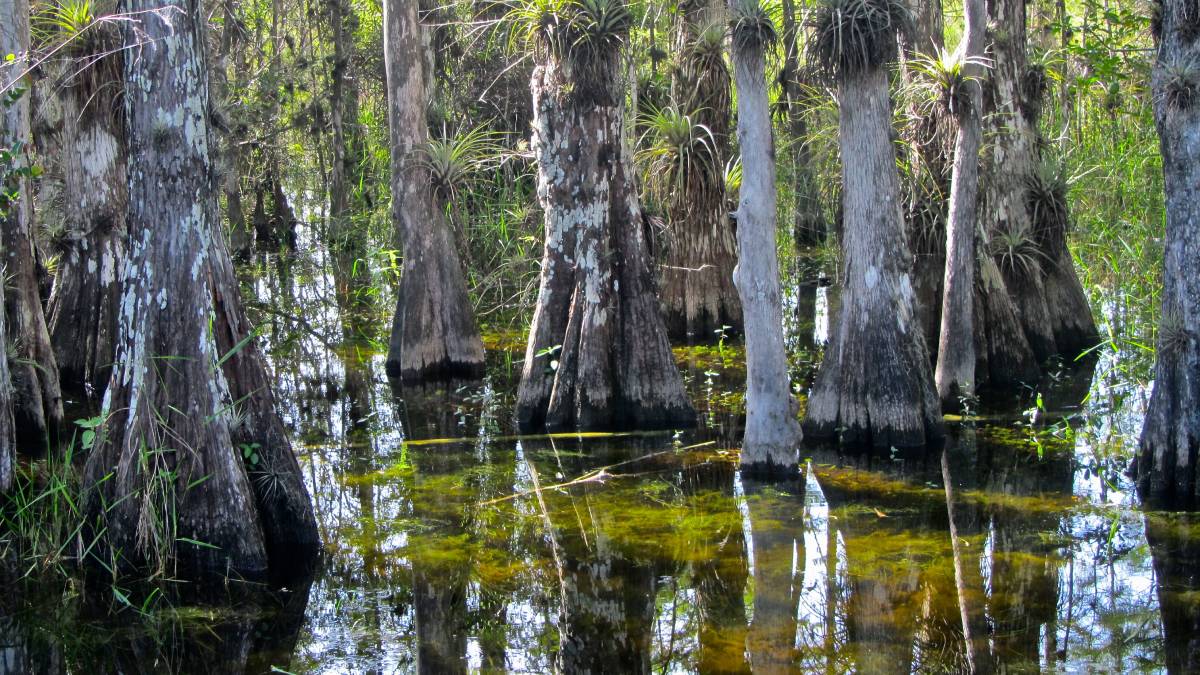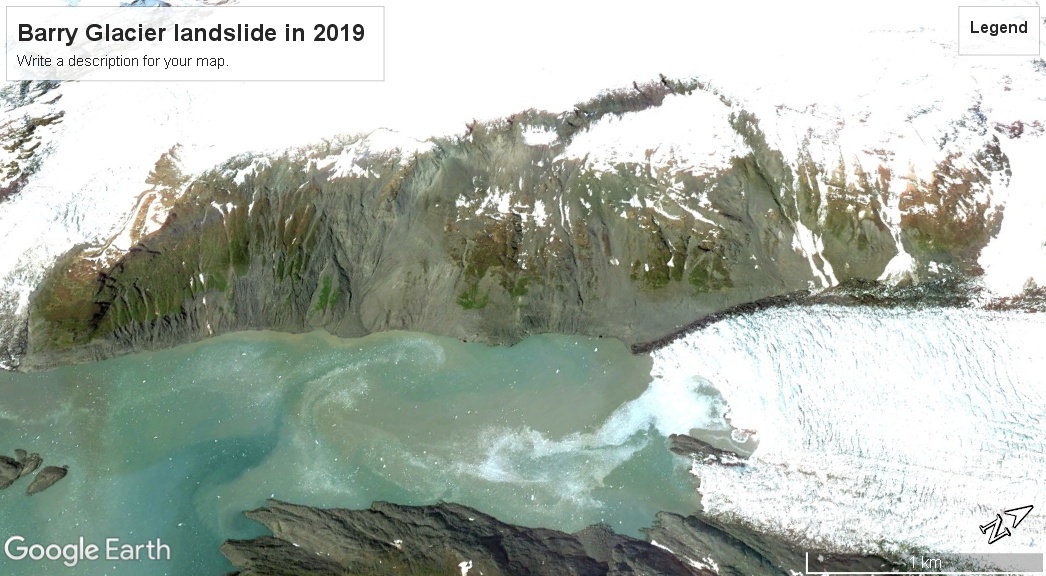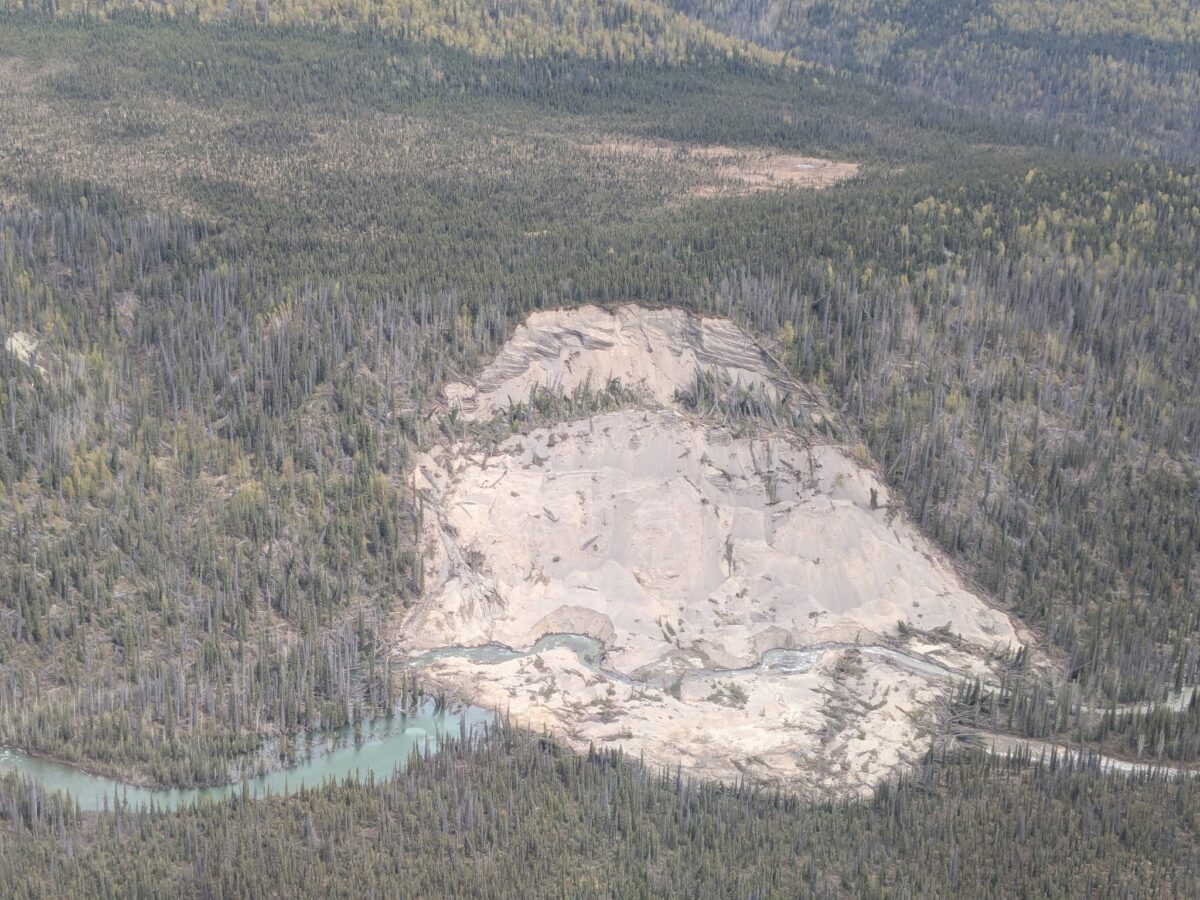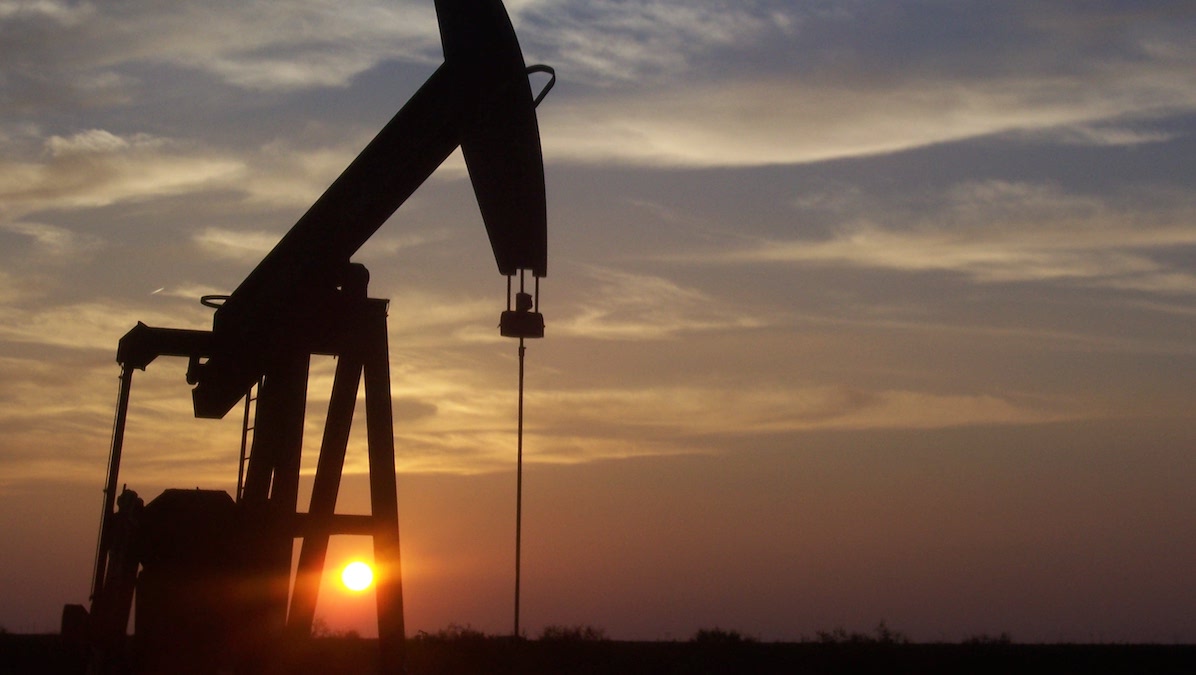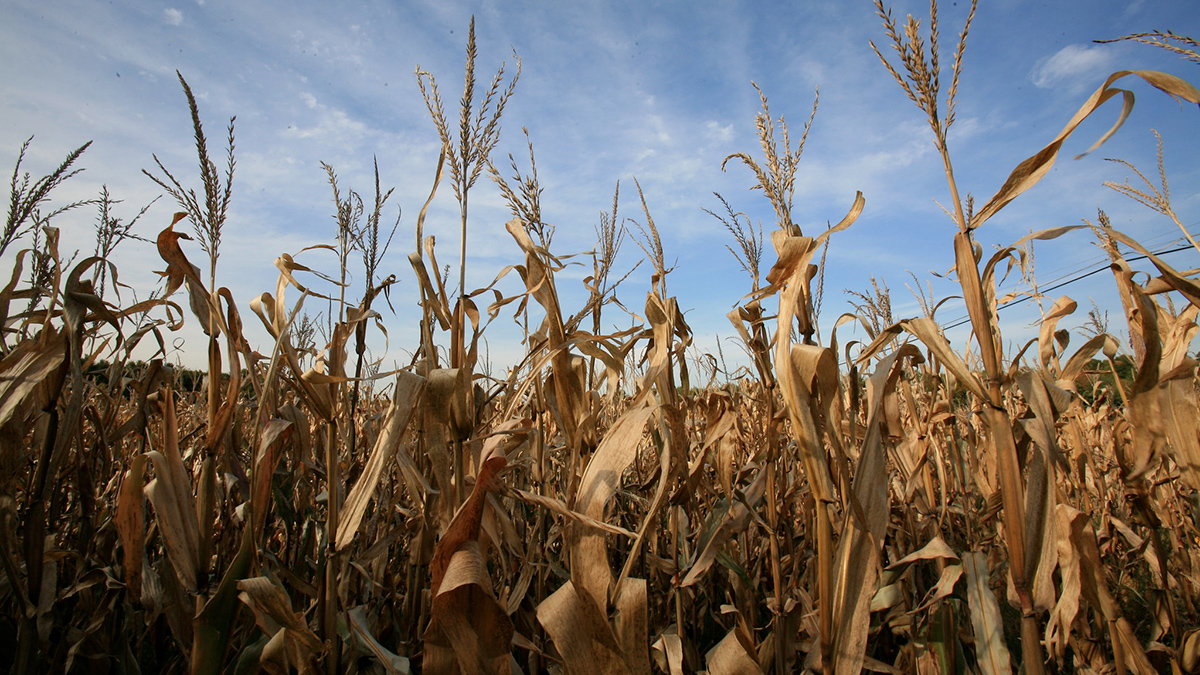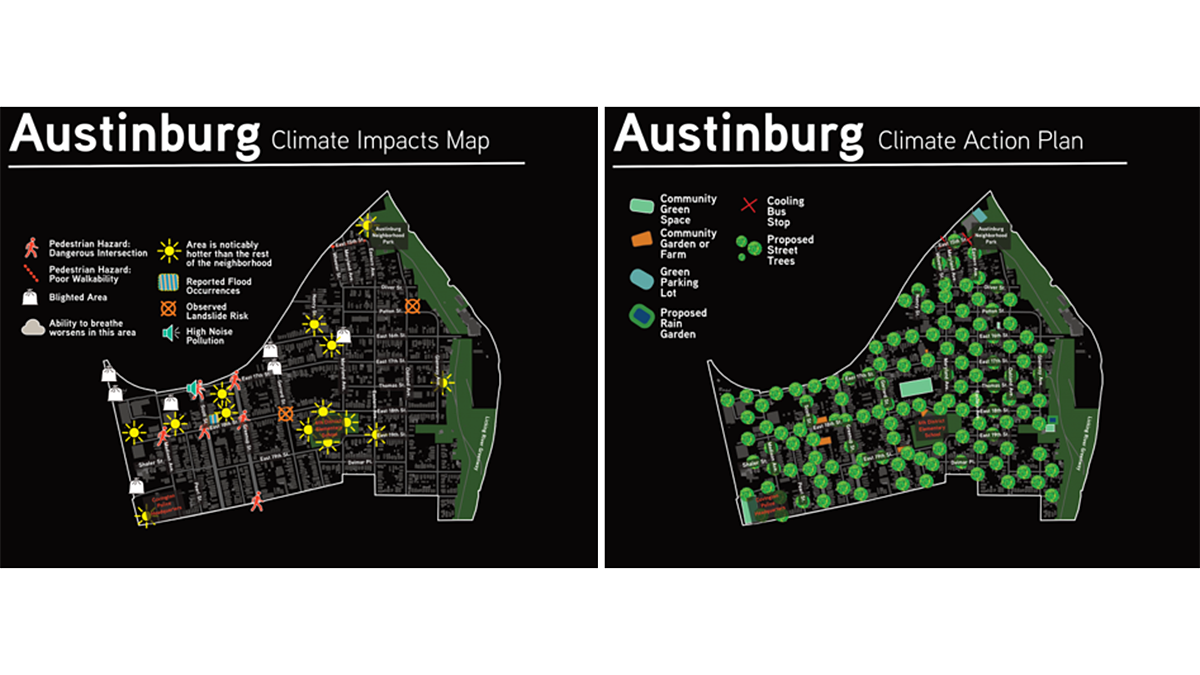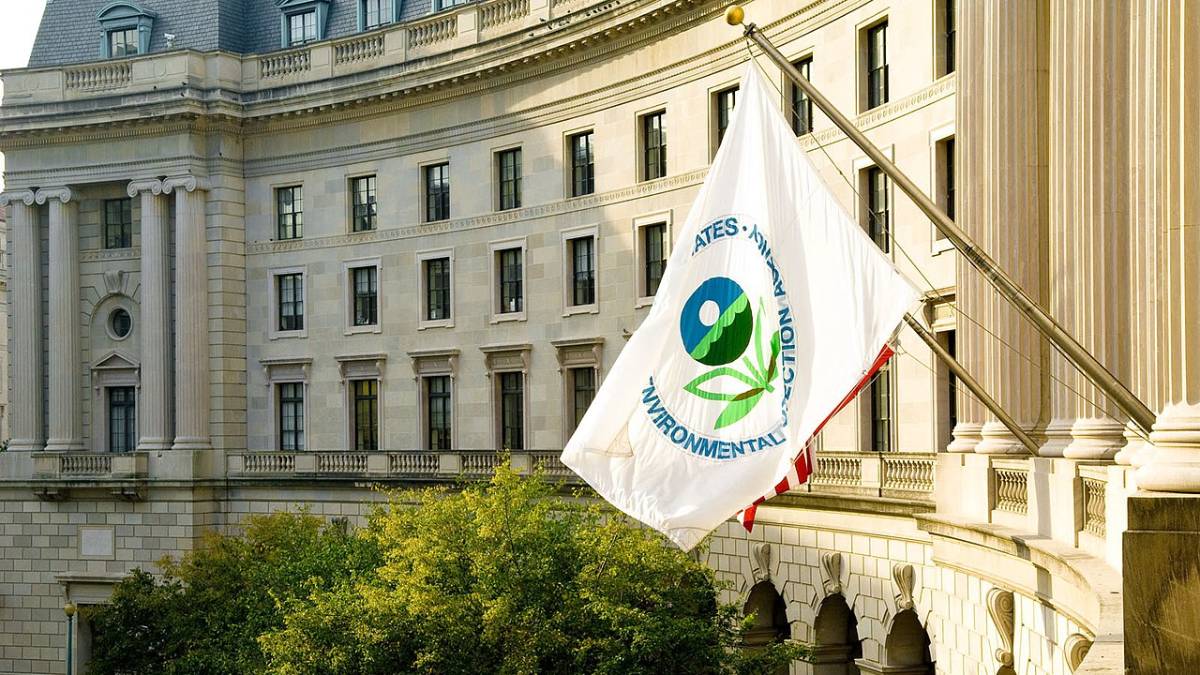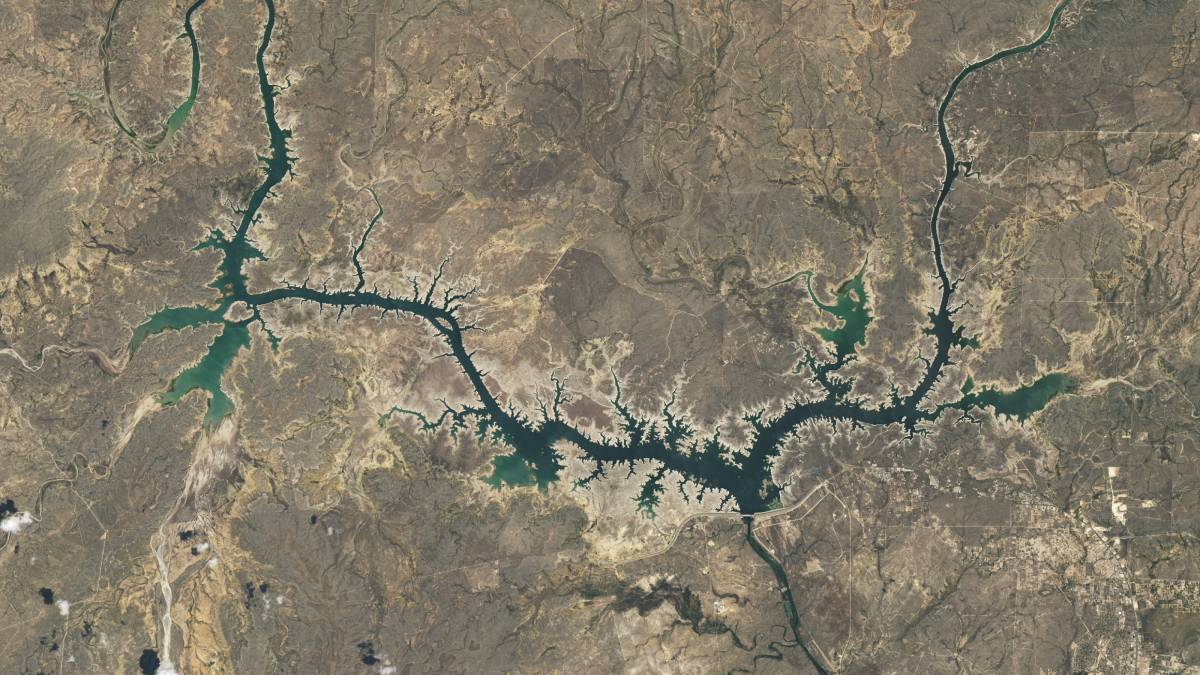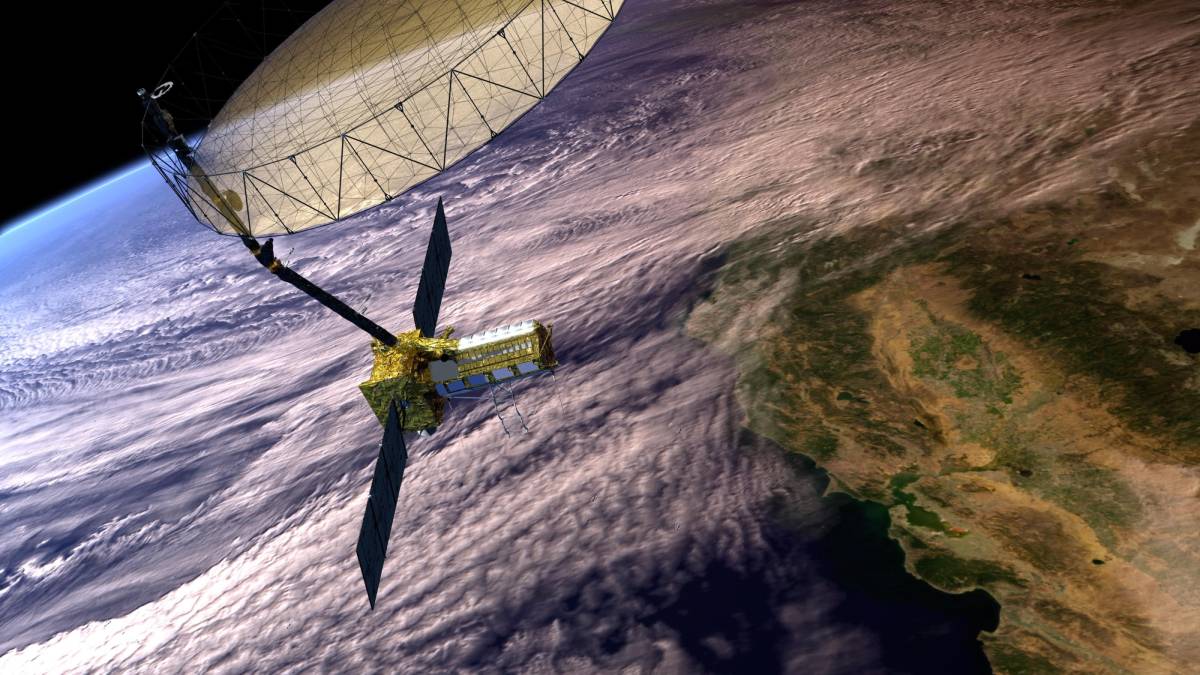The groups assert that the facility will undermine decades’ of work and billions of dollars spent restoring and protecting the Everglades’ delicate ecosystem.
United States
Landslides during periods of glacial retreat in Alaska
An excellent new paper (Walden et al. 2025) examines the occurrence of accelerated movement in rock slope landslides in Alaska as adjacent glaciers melt. The exceptional temperatures in recent days in both North America and Europe has once again highlighted the rate at which the climate is changing in response to anthropogenic increases in greenhouse […]
A landslide on the Lakina River in Alaska
A recent Facebook post has highlighted a reasonably large slump landslide in a remote area of Alaska. Satellite images suggest that this occurred in late October or early November 2024. Loyal reader Andrew McNown kindly highlighted a recent Facebook post that provided some images of a landslide that has partially blocked the Lakina River in […]
House Passes Megabill Slashing Environmental Protections
Early on 22 May, the U.S. House of Representatives passed a massive GOP-backed bill that seeks to push forward President Trump’s domestic policy agenda. Within the bill’s 1082 pages are sweeping repeals of regulations that defend the environment, mitigate climate change, and protect public health.
Can Desalination Quench Agriculture’s Thirst?
Miles away from the ocean, projects are afoot to clean up salty groundwater and use it to grow crops. Some say it’s a costly pipe dream, others say it’s part of the future.
Resilient Solutions Involve Input and Data from the Community
Data dashboards assist in understanding a community’s vulnerability to climate impacts, but input from the communities themselves helps identify and support actionable solutions.
Trump Blocks Funding for EPA Science Division
The Trump administration has blocked funding for the EPA’s Office of Research and Development (ORD), the agency’s main science division.
Mexico Will Give U.S. More Water to Avert More Tariffs
Mexican and U.S. officials announced that Mexico will immediately transfer some of its water reserves to the United States and also allow a larger share of the Rio Grande River to flow into the United States.
Tracking Science Policy Decisions and Approaches
The new administration has taken an array of decisive actions with far-reaching consequences for Earth and space scientists. Use our new tool to help sort them out.
“Transformational” Satellite Will Monitor Earth’s Surface Changes
The mission, jointly operated by the United States and India, will measure minute changes to land, ice, and ecosystems around the globe.

